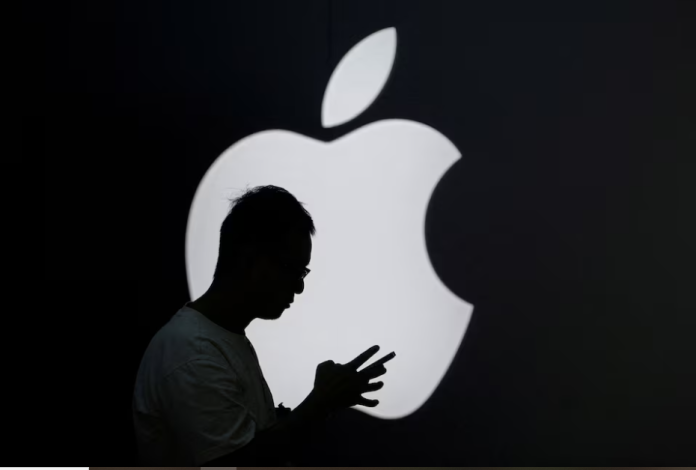In a bold statement, U.S. President Donald Trump has condemned the UK government’s demand for access to Apple user data, likening it to the surveillance tactics used by China. During an interview with The Spectator, published on Friday, Trump expressed strong opposition to the request, revealing that he had personally raised concerns with British Prime Minister Keir Starmer.
Trump, who met with Starmer at the White House on Thursday, discussed various topics, including the war in Ukraine and a potential trade deal between the two nations. However, the UK’s demand for Apple’s user data became a contentious issue during their conversation.
“We actually told him (Starmer) … that’s incredible. That’s something, you know, that you hear about with China,” Trump stated in his first magazine interview of his second term. The discussion was led by The Spectator’s editor-at-large, Ben Domenech.
The UK government has not provided specific details regarding the case but emphasized its strong intelligence partnership with the United States. “We have a close intelligence relationship with the U.S., and we take this partnership seriously,” said a spokesperson, declining to elaborate on Apple’s situation. Apple has also remained silent, refusing to comment on the matter when contacted by Reuters.
The controversy stems from Apple’s recent decision to halt an advanced security encryption feature for UK users. This move was reportedly in response to the UK government’s request for access to user data. While British officials have not confirmed whether a formal order was issued, the decision marks an unprecedented action by the tech giant.

In a letter dated February 25, U.S. Director of National Intelligence Tulsi Gabbard informed two American lawmakers that the U.S. government is investigating whether the UK’s actions violated the CLOUD Act. This legislation prevents foreign governments from demanding data belonging to U.S. citizens, just as it restricts the U.S. from making similar demands on foreign nationals.
The situation has sparked a heated debate about privacy rights, government surveillance, and international law. Many privacy advocates argue that such demands threaten digital security and set a dangerous precedent for government overreach.
As this issue unfolds, it raises critical questions about the balance between national security and personal privacy. Should tech companies like Apple comply with government demands, or should they prioritize user privacy?



